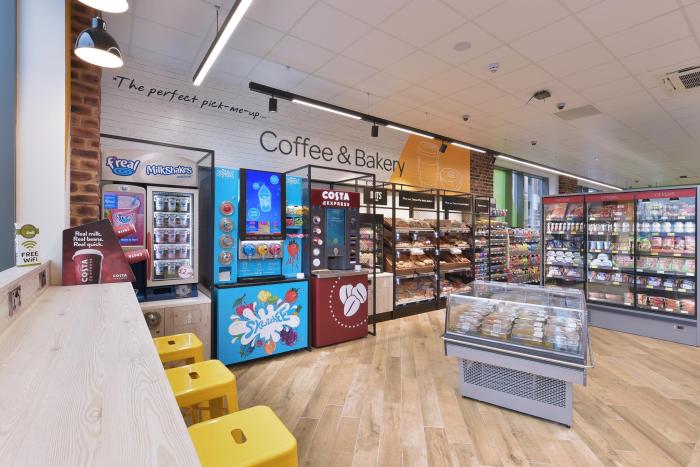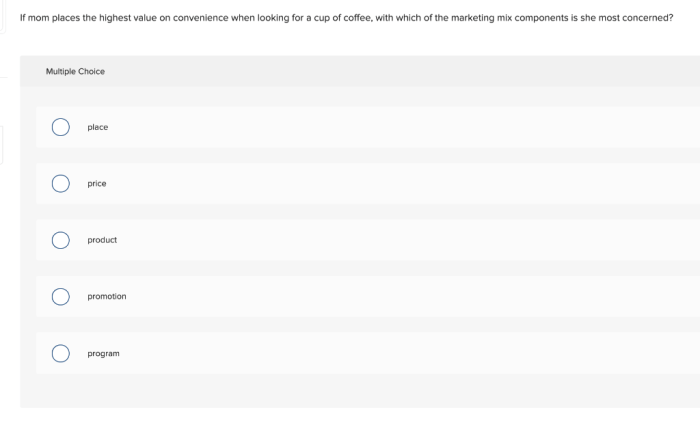In an era characterized by fast-paced lifestyles and technological advancements, the concept of convenience-oriented parenting has gained prominence. If mom places the highest value on convenience, this approach to parenting prioritizes ease and efficiency in decision-making, potentially shaping various aspects of child development and family relationships.
Convenience-driven parenting practices may involve relying on pre-packaged meals, opting for screen time as a babysitter, and outsourcing childcare responsibilities to save time. While such practices can offer temporary relief for busy parents, they also raise questions about their long-term impact on children’s independence, self-reliance, and problem-solving abilities.
Convenience-Oriented Parenting

Convenience-oriented parenting prioritizes convenience and efficiency in decision-making. It involves choosing parenting practices that minimize effort, time, and resources while maximizing perceived benefits.
Examples of Convenience-Driven Parenting Practices
- Using pre-packaged meals and processed foods to save time cooking.
- Relying on screen time to entertain children to free up time for other tasks.
- Scheduling playdates and activities to minimize childcare responsibilities.
Potential Benefits of Convenience-Oriented Parenting
- Frees up time for parents to pursue other responsibilities or personal interests.
- Reduces stress and overwhelm associated with parenting.
- Can simplify and streamline family life.
Potential Drawbacks of Convenience-Oriented Parenting
- May limit children’s exposure to diverse experiences and challenges.
- Can foster dependence and hinder development of independence and problem-solving skills.
- May contribute to unhealthy eating habits and sedentary lifestyles.
Impact on Child Development
Independence and Self-Reliance
Convenience-oriented parenting may limit opportunities for children to develop independence and self-reliance. By providing excessive convenience, parents may inadvertently discourage children from engaging in age-appropriate tasks and responsibilities.
Problem-Solving Skills
Overreliance on convenience can hinder children’s ability to develop problem-solving skills. When children are not exposed to challenges and obstacles, they may struggle to develop the cognitive and emotional resilience necessary to navigate difficult situations.
Growth and Well-being, If mom places the highest value on convenience
While convenience can simplify life, it is important to ensure that it does not come at the expense of children’s growth and well-being. Balanced parenting involves finding a harmonious balance between convenience and other important aspects of parenting, such as quality time, discipline, and education.
Balancing Convenience with Other Values

Quality Time
While convenience can free up time, it is important to prioritize quality time with children. Spending time engaged in meaningful activities fosters emotional bonds, promotes communication, and contributes to children’s overall well-being.
Discipline
Convenience should not compromise discipline. Parents need to establish clear boundaries and expectations for their children, even when it requires effort and time.
Education
Education should not be sacrificed for convenience. Parents should prioritize activities and experiences that contribute to children’s intellectual and social development, even if they are not the most convenient options.
Societal Influences on Convenience-Oriented Parenting: If Mom Places The Highest Value On Convenience
Cultural Norms
Cultural norms can shape parenting practices. In some cultures, convenience is highly valued, leading to a greater emphasis on convenience-oriented parenting.
Technological Advancements
Technological advancements, such as smartphones and tablets, can contribute to convenience-oriented parenting by providing easy access to entertainment and other time-saving solutions.
Economic Pressures
Economic pressures can force parents to prioritize convenience to balance work and family responsibilities. Lack of time and resources can lead to reliance on convenient solutions.
Convenience and Family Dynamics

Parent-Child Bonds
Convenience-oriented parenting can have both positive and negative effects on parent-child bonds. While it can provide more time for parents to spend with their children, it may also lead to less meaningful interactions if convenience is prioritized over quality time.
Sibling Interactions
Convenience-oriented parenting can impact sibling interactions. When parents rely on screen time to entertain children, it may reduce opportunities for siblings to engage in shared activities and build relationships.
Family Cohesion
Convenience-oriented parenting can affect family cohesion. While it can simplify family life, it may also lead to less structured and meaningful family routines and traditions.
FAQ Explained
What are the potential benefits of convenience-oriented parenting?
Convenience-oriented parenting can offer temporary relief for busy parents, allowing them to save time and energy on certain tasks.
What are the potential drawbacks of convenience-oriented parenting?
Convenience-oriented parenting may hinder children’s development of independence, self-reliance, and problem-solving skills.
How can parents balance convenience with other important parenting values?
Parents can balance convenience with other values by prioritizing quality time, setting limits on screen time, and involving children in household responsibilities.
What are the societal factors that contribute to the rise of convenience-oriented parenting?
Societal factors such as cultural norms, technological advancements, and economic pressures can influence parents to prioritize convenience.